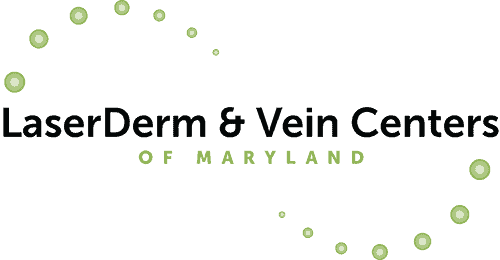 The term Acne is used to describe a condition which may include comedones (blackheads and whiteheads), red pimples, and even large nodules. The condition affects mainly the face, but may appear also on the shoulders, back, chest, arms, and buttocks.
The term Acne is used to describe a condition which may include comedones (blackheads and whiteheads), red pimples, and even large nodules. The condition affects mainly the face, but may appear also on the shoulders, back, chest, arms, and buttocks.
As you probably know, Acne is commonly a skin disease of adolescence, but it can affect adults as well. The tendency towards Acne often, but not always, runs in families. Treatments which help teens can often help adults as well.
Will the Acne go away?
In most patients, Acne tends to subside late in the teens to early twenties. Some patients continue to experience Acne throughout adulthood. It is impossible to predict when Acne will disappear. While the condition is active, it may alternately erupt and then improve.
What makes Acne worse?
Severe or prolonged stress may aggravate Acne. That’s why Acne may flare up before examinations, weddings, during new jobs, etc. In women, Acne may flare shortly before menstruation because of the influence of hormonal factors. Foods have never been proven to aggravate Acne. However, some patients find that avoiding certain foods will improve their complexions.
What should I avoid if I have Acne?
Rubbing and scrubbing of the face will eventually aggravate Acne. Cleansing 2 – 3 times a day is adequate, but washing vigorously may cause more inflammation. Other sources of friction, such as leaning on or rubbing an area of the skin affected with Acne, or the pressure from helmets, tight collars or backpacks may also have similarly harmful effects. Squeezing of Acne lesions should also be avoided as it may lead to more irritation, inflammation, and prolongation of redness.
How do I control my Acne?
There are a number of different medications, such as topical products, antibiotics, and Isotretinoin (Accutane), which can help control mild to severe forms of acne.
What is Acne Rosacea?
Acne Rosacea is a common inflammatory disease of the face – particularly affecting the nose, cheeks, chin, and forehead. In its early stages it most often causes red pimples and pus-filled cysts similar to those seen in ordinary teenage acne. Rosacea is a long-term disorder and usually lasts for at least several years. Typically, flare-ups alternate with periods of less activity. Over a period of time, it gradually “scars” the skin by producing permanent redness of the face, particularly the cheeks and nose. The exact cause of Acne Rosacea is not known, but it is thought to be similar in some respects to teenage acne.
How is Acne Rosacea treated?
If Acne Rosacea is fairly severe, Dr. Green may prescribe antibiotics to help control the inflammation.

“The best money I have ever spent! I visited the doctor at the end of last year because of if my acne issue, which bothers me for years. Apply applying the lotion he prescribed, my acne was cured in a month! Maybe my acne starts getting better before I see the doctor but it could not be fully recovered without his help.”
Miranda Z. - Google Review
OUR OFFICE IS COMPLIANT WITH THE CURRENT MARYLAND REGULATIONS INCLUDING: 10.32.09: Delegation and Assignment of Performance of Cosmetic Medical Procedures and Use of Cosmetic Medical Devices. This is a Maryland safety regulation that governs who can legally perform medical cosmetic procedures. Dr. Green administers all injectable treatments (including Botox™, Juvederm™, Voluma™, Kybella™, and other fillers & Sclerotherapy) and laser treatments.
Sign up for monthly promotions and office updates!
By submitting this form, you are consenting to receive marketing emails from: David Green M.D. and LaserDerm & Vein Centers of Maryland, 4800 Montgomery Lane L50, Bethesda, MD, 20814, US, http://www.laserderm.net. You can revoke your consent to receive emails at any time by using the SafeUnsubscribe® link, found at the bottom of every email. Emails are serviced by Constant Contact.
Have Questions & Want More Information?
- Copyright © 2024 LaserDerm Vein Centers of Maryland
- Web Development by NavaWeb
